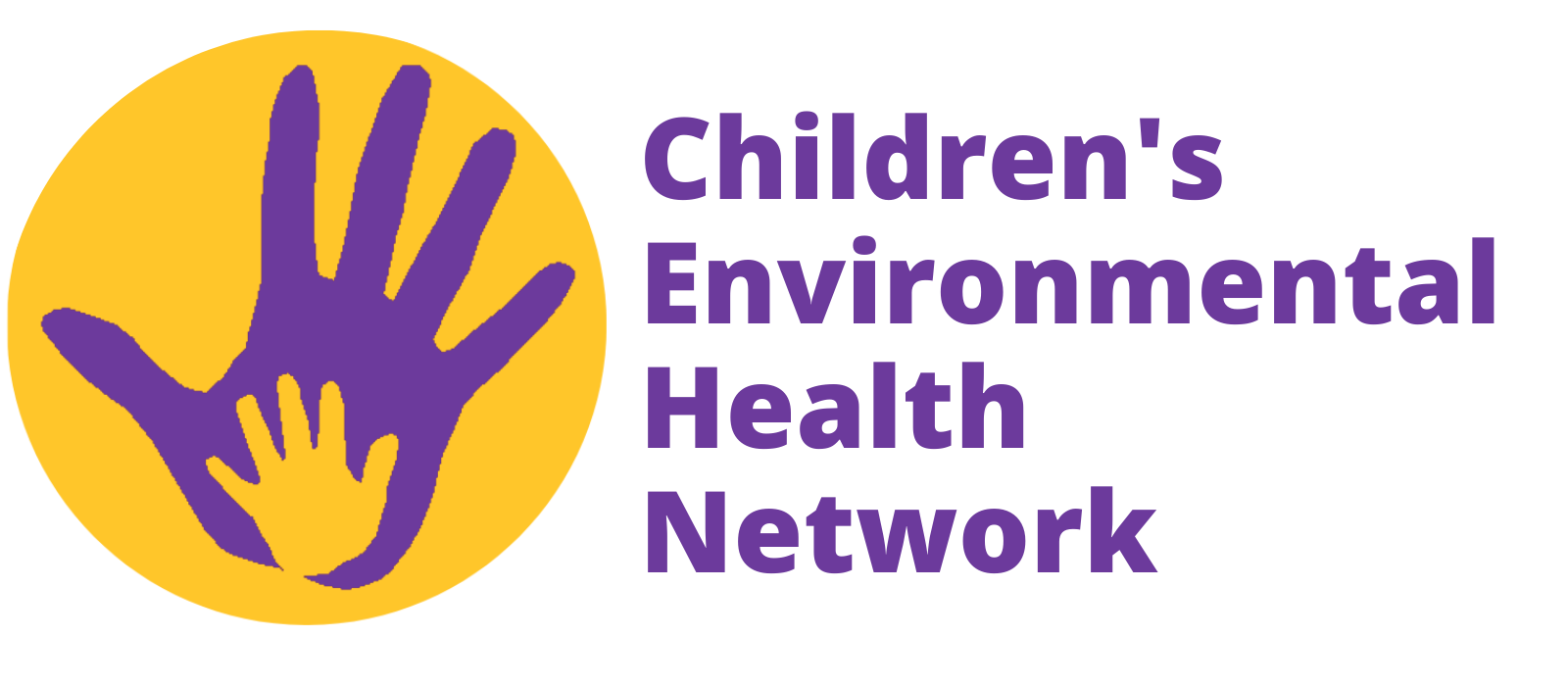
- January: Movement Launch
- February: Health Equity
- March: Childhood Poisoning Prevention
- April: Learning Settings
- May: Air Pollution
- June: Healthy Homes, Healthy Children
- July: Climate Change and Children
- August: Water Quality and Children’s Health
- September: Children’s Environments and Cancer
- October: Children’s Health Month
- November: Native American Health and Climate
- December: Safe Toys and Children’s Health
- Movement Partners
Tell Us What You Think!
Error: Contact form not found.
July is Climate Change and Children's Health Month
#ChildrenAtTheCenter
Climate change and health are inextricably linked. In recent decades, we've seen the devastating effects of hurricanes like Katrina on the environment and the health of communities, and more recently, Maria in Puerto Rico and Harvey in Texas. While everyone is impacted by climate change, some populations are more susceptible to associated health impacts. Current studies estimate that children will bear 88% of the burden of climate change related diseases globally. A changing climate threatens the health and overall well-being of children, therefore we must act now.
Movement partners, GreenLatinos, Alliance of Nurses for Healthy Environments and ecoAmerica's Climate for Health program share how they are addressing climate change and advocating for climate policies that will protect children's health. Click on their logos to learn more and discover what you can do to act on climate change from the list below.
Click here to help us continue to bring together and highlight the critical work being done to protect children's health, galvanize support, and motivate society to take action.
What can you do to take action on climate change? Take a look at the ideas below for changes you can implement in your home and everyday life.
Reduce food waste
Of all food bought in the US, 40% ends up in the trash, which wastes labor, energy and money. To cut down on your food waste, plan meals and grocery shopping ahead of time using a portion calculator and freeze excess food. Remember that kids are more selective and eat less than adults, so start with smaller portions and offer seconds if they want more. Try to involve them in the shopping/cooking/lunch-packing process so you can be sure you’re serving them foods they want to eat. For more tips and recipes, check out https://www.savethefood.com/.
Recycle
Products made from recycled materials generally require less energy to produce. If the U.S. recycled 75% of the waste it produces, it would reduce carbon emissions by over 500 metric tons. You can also generate less household waste overall–saving money and energy–by using reusable shopping bags, receiving online bills and newspaper/magazine subscriptions, and avoiding disposable plates, cutlery and towels.
Increase home efficiency
Sealing drafty doors and windows, also known as weatherstripping, can save hundreds of dollars in energy costs each year. There are several different methods of weatherstripping, and states provide weatherization assistance for low-income households. Additionally, lowering the thermostat when you’re sleeping or out of the house, replacing incandescent lightbulbs with fluorescent or LED bulbs, and installing a low-flow showerhead can save energy in your home.
Drive less, drive smart
Leaving your car at home two days a week can reduce your greenhouse gas emissions by two tons per year, so walk, bike or take public transportation whenever possible. Voluntary idling also results in hundreds of pounds of annual carbon pollution, so turn off your engine whenever possible and park your car and go inside instead of using the drive-through. Finally, keep your tires properly inflated and your engine well-tuned to maximize efficiency.
Check out the National Resources Defense Council for even more ways to mitigate your climate impact.
July DC Events
July 11 - Play with purpose!
Bring the family to the 5th annual Play-In for Climate Action in Washington, DC on July 11th. Mom’s Clean Air Force has organized a morning of fun children’s activities and great music, along with an impressive press conference lineup calling for the reduction of air pollution that contributes to climate change.
July 19-12 – Youth, raise your voices!
Zero Hour is organizing a Youth Climate Lobby Day on July 19th, an Art Build and Community Building on July 20th, and the DC Youth Climate March on July 21st. Youth, come and show your power and commitment to immediate and effective climate action while supporting communities most impacted by the effects of climate change.




